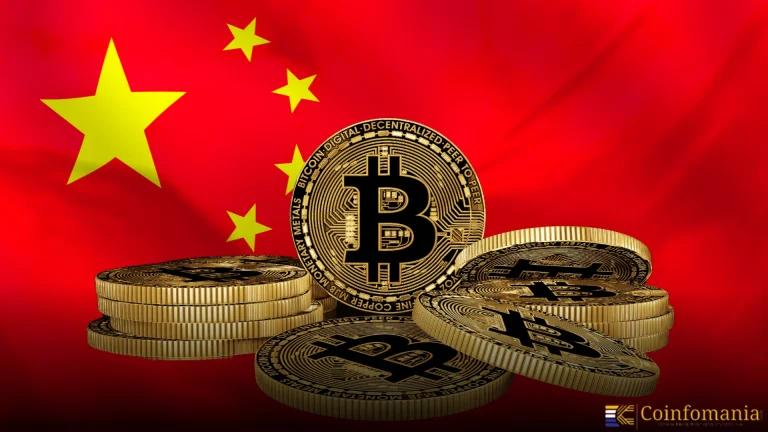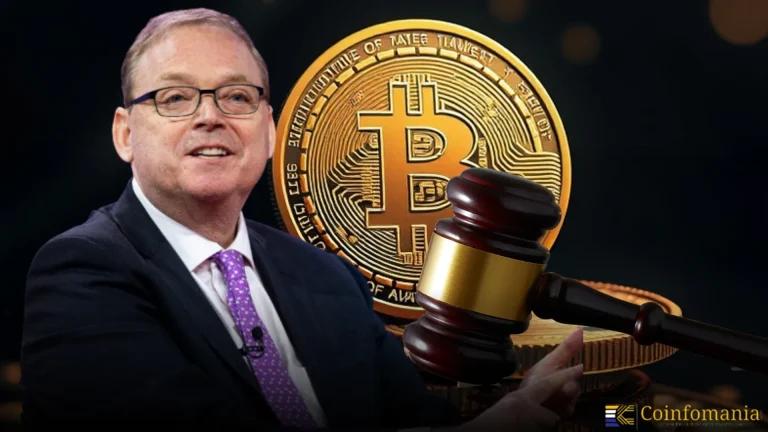Cardano’s Hoskinson Sounds Alarm at Paris Blockchain Week: Trump’s Trade War Triggers Urgent Blockchain Reform Call
Trump’s trade war proves why blockchain decentralization matters more than ever. Read the details of Cardano’s Hoskinson statements at Paris Blockchain Week.

In the Paris Blockchain Week, Charles Hoskinson, the founder of Input Output Global (IOG), stated that the re-emergence of Donald Trump’s trade conflict underscores the fragility of centralized systems. He warned that when a political leader holds immoderate power, the resulting monetary decisions continuously have global effects, affecting ordinary people the most. He argued that this scenario suggests why we must prioritize blockchain decentralization to construct systems that are resistant to single-point manipulation.
Hoskinson believes that decentralization is not just an ideology; it is also a vital foundation for defending financial and social systems. When financial policies from leaders disrupt world markets, people lose self-belief in institutions. Blockchain decentralization offers a resilient alternative: distributing manipulation across customers instead of focusing it on governments or corporations. His message made clear that decentralization is more than a technological trend— it is a global shield in today’s volatile political landscape.
Industry Challenges and Big Tech Concerns
Hoskinson stated that while decentralization is critical, blockchain enterprises face growing risks. Despite progress, there are: governance issues, scaling limitations, and infighting, which hinders innovation. He advised blockchain communities to recognize these structural flaws and take corrective steps. Without this correction, decentralization efforts could lose their effectiveness and credibility in fixing real-world problems.
Another major problem is the imminent involvement of technology giants. As the U.S. strikes forward with crypto legislation, Hoskinson warned that businesses such as Amazon, Google, and Apple may enter the market with their own structures and wallets. Though regulation is welcome, he emphasized that these centralized corporations may reshape crypto in their own way. He cautioned that this could reverse the growth of blockchain decentralization, reintroducing centralized manipulation under a special disguise.
U.S. Legislation and the Threat of Centralization
The evolving political condition in the U.S. indicates a more supportive stance toward cryptos. Hoskinson mentioned that a Stapleton consignment could be omitted within months, with more comprehensive crypto law expected by the end of the year. While these developments signal mainstream adoption, they also come with potential risks.
As traditional finance adapts to digital innovation, Hoskinson expressed the challenge of how the unique benefits of decentralization could be diminished. If tech giants acquire dominant positions within newly regulated markets, decentralization may become more symbolic than functional. Therefore, he called for a collective response from the blockchain community to protect the integrity of the space. Legislation should balance innovation and inclusion rather than giving a few players control of digital financial infrastructure.
Bridging TradFi and DeFi into One Unified System
Looking toward the future, Hoskinson introduced the concept of a “Fourth Generation” of blockchain technology. He imagine a system where TradFi and DeFi are no longer at odds but rather merge into a unified financial framework—coined truly as “Fi.” By combining the regulatory trust of regular finance with the open innovation of DeFi, Hoskinson sees an opportunity to create a balanced and inclusive economic ecosystem. This model should attract both institutional and retail users, simplifying its adoption across markets.
Hoskinson stressed that this convergence of TradFi and DeFi is essential for the survival and growth of decentralized ecosystems. As more people seek economic alternatives, a well-integrated system can bridge the gaps in accessibility and functionality. For blockchain decentralization to prevail over the long term, it must not isolate itself but evolve into a fashion that connects historical and new economies.
What’s Ahead for the Crypto Community
Hoskinson additionally announced a new initiative —an upcoming airdrop of 37 million tokens to holders of leading cryptocurrencies, such as BTC, ETH, XRP, and ADA. While a small part remains under wraps, he hints that the project will promote inclusivity and community participation. This move reflects his broader imaginative and prescient vision of building structures that reward real customers and contributors, not simply centralized entities with financial power. Ultimately, his speech served as a wake-up call for the crypto industry. Blockchain decentralization is a long way from over. As the market matures and crypto legislation emerges globally, the enterprise must remain committed to its core values.
Follow us on Google News
Get the latest crypto insights and updates.


